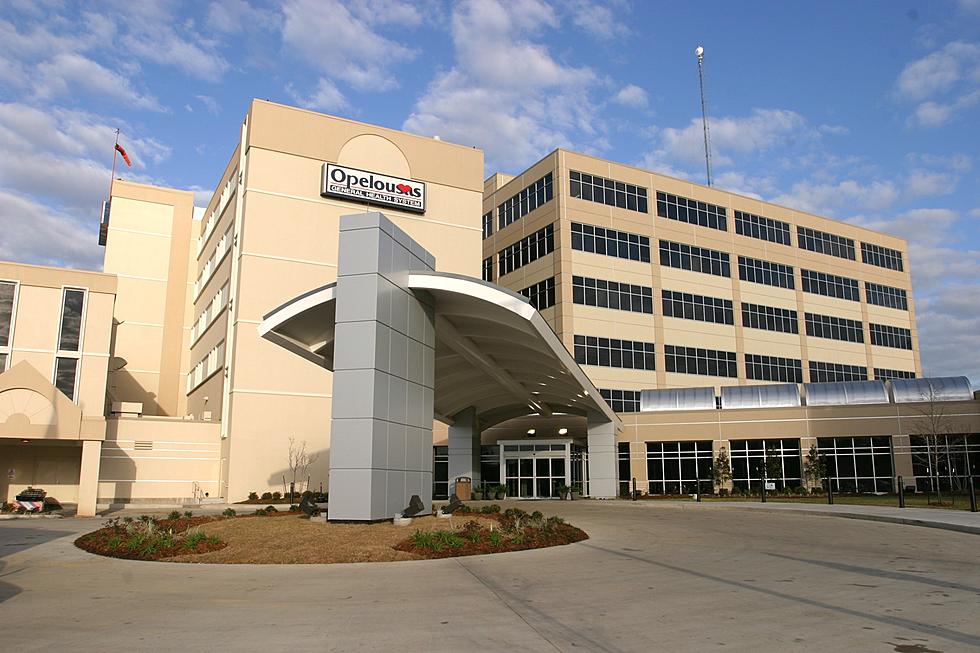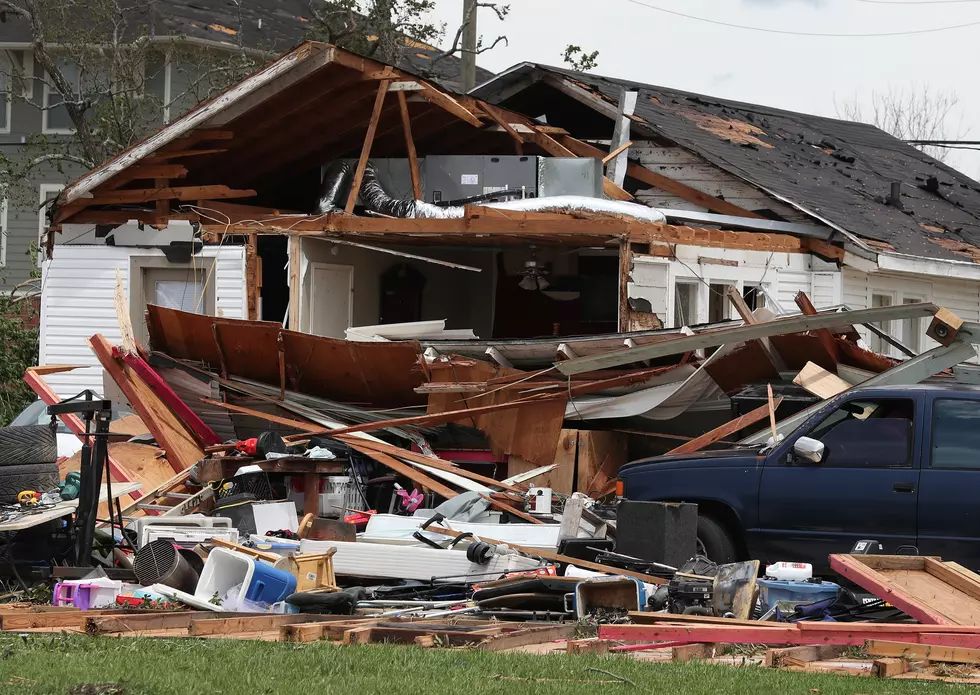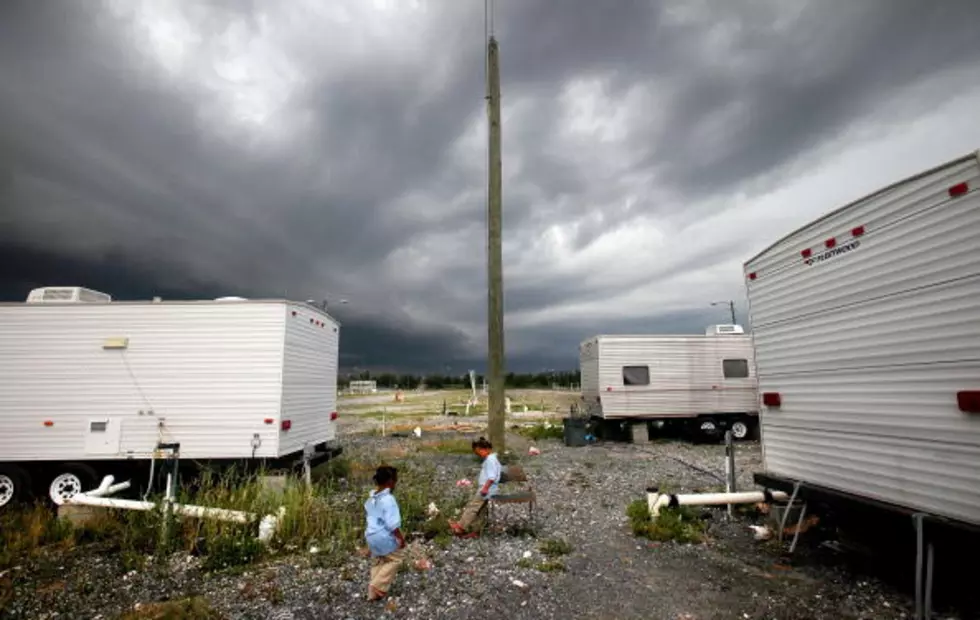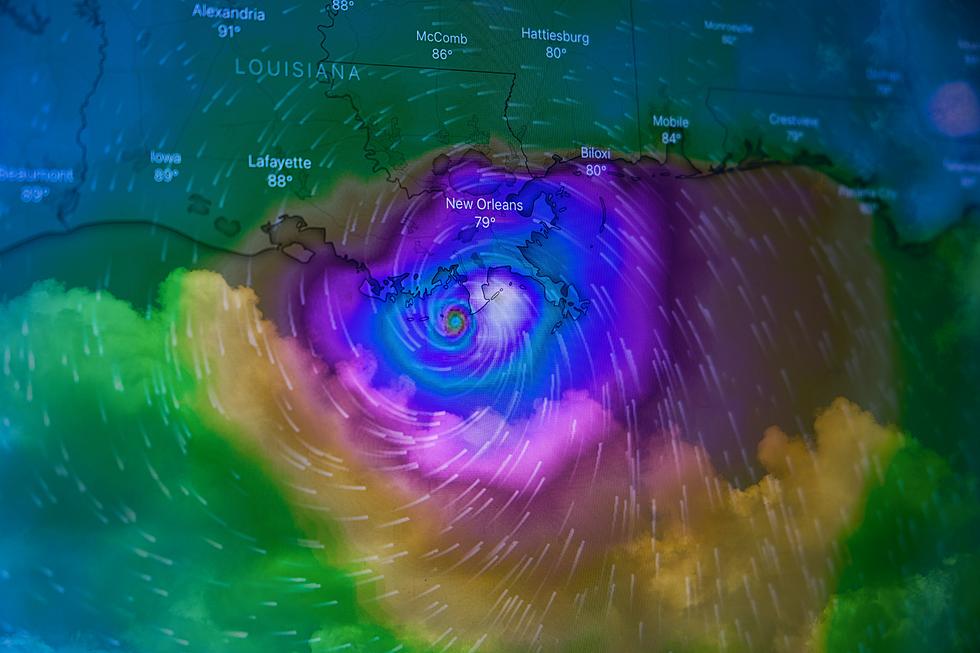
Landrieu Calls On Obama Admin. To Replenish Disaster Relief Fund
WASHINGTON – The Chairman of the Homeland Security Subcommittee of the Senate Appropriations Committee, Senator Mary L. Landrieu, D-La., today called on the Obama Administration to request at least $1.56 billion of emergency funding for FY 2011 to cover a shortfall in the Disaster Relief Fund (DRF). The DRF is the Federal Emergency Management Agency’s (FEMA) general fund to support disaster response, recovery and mitigation projects. These projects include the reconstruction of schools, hospitals, police stations and fire stations, elevation of homes, fortification of levees and improvements to drainage.
The Continuing Resolution (CR) proposed by House Republicans would lump the DRF into the Homeland Security Department’s base budget, funding it in part through cuts from other components such the Coast Guard, first responders and emergency managers. Sen. Landrieu pointed out that this is a “radical departure” from standard budgetary practice under previous administrations, both Democratic and Republican. She said, “Catastrophic disasters, such as Hurricanes Katrina and Rita, and the Midwest floods of 2008 are by definition unpredictable, and we should budget federal disaster response as we always have—above and beyond the base program.” Sen. Landrieu called on the House leadership to recognize and honor the unpredictable nature of disaster response planning and budgeting. “The decision by House Republicans to plug the DRF budget hole by making severe cuts to the overall Homeland Security budget is penny-wise and pound foolish,” Sen. Landrieu said. “For the past twenty years, Congress has designated DRF funding for catastrophic and major disasters such as Hurricanes Katrina and Rita as emergency spending. Cutting the budget for the agencies that prepare for and respond to future disasters to pay for past catastrophic events makes no sense. We should not repeat the sad history that the people of Louisiana learned when Hurricanes Katrina and Rita struck and FEMA was not prepared to respond.”
Last year, FEMA was forced to institute a budget freeze due to the DRF being underfunded. This freeze caused rebuilding and mitigation projects all over the country to be delayed for five months.
“FEMA estimates that there are still over $6 billion of outstanding bills from Hurricanes Katrina, Rita, Wilma, Ike, and Gustav, and the Midwest and Tennessee floods that will need to paid out in the next few years” Sen. Landrieu said. “It will undermine the ability of the Department of Homeland Security to secure the nation if its programs are cut to pay for past disasters. I urge the White House to make this emergency funding request for the DRF, so that we can help communities recover and rebuild from disasters, without leaving us less prepared for those that will strike in the future.”
Most of the DRF shortfall is from catastrophic and major events such as Hurricanes Katrina, Gustav, and Ike, the Midwest Floods of 2008, and the Tennessee flood of 2010. Louisiana, Texas, Iowa, Mississippi, Tennessee, Illinois, Florida, Kentucky, and Nebraska are the largest recipients of FY 2011 funding for past catastrophic and major events.
Over the past twenty years, $110 billion of the $128 billion that Congress has appropriated for the DRF was provided as emergency spending, making it unnecessary to offset those expenditures in the base budget. Those funds were primarily in response to Hurricanes Katrina, Rita, Ike, Gustav and the 9/11 terrorist attack. If the current shortfall is not funded, the DRF is expected to be exhausted by early June, just before the start of hurricane season.
If the DRF budget shortfall is not closed, several critical Louisiana projects could be placed at risk, including the rebuilding of Orleans Parish schools, a water treatment facility in St. Bernard Parish, a prison in Plaquemines Parish and Southern University at New Orleans.
More From News Talk 96.5 KPEL









